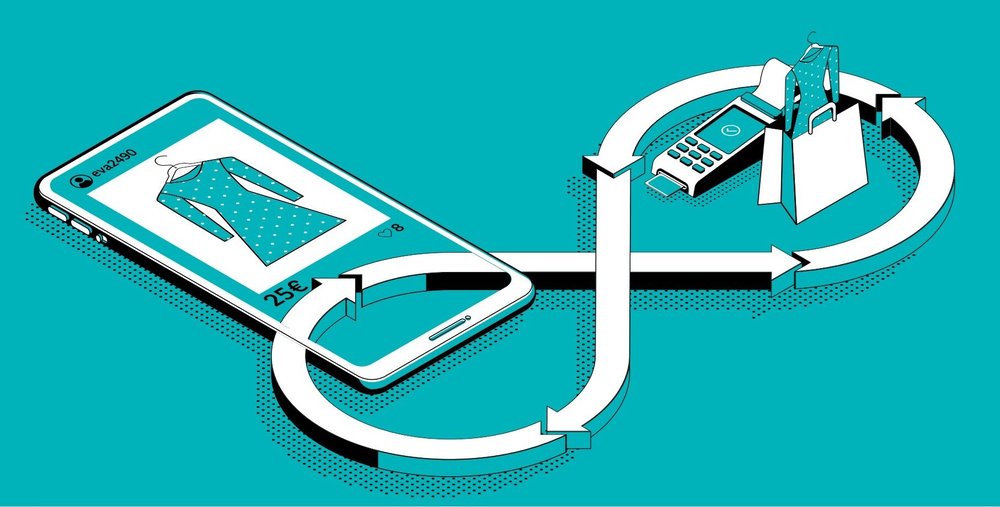
A quarter of Europeans now know exactly what the circular economy is and 8 out of 10 have a positive image of it. In detail, 85% of them consider first of all “that it is beneficial to the environment and natural resources”. Above all, 8 out of 10 Europeans want to practice it “to earn more money”, while 75% see it as an opportunity “to spend less”. In fact, the two arguments in favor of this practice, which came out on top in the survey, are, firstly, “the search for savings” and secondly, “the conviction of having an ecologically responsible behavior”.
With the development of the circular economy, the role of the buyer, who may occasionally become a seller, is changing. The consumer “mutates into an entrepreneur of his or her own consumption and thus becomes a more complex figure”, leading “to profound changes in the habits of brands and retailers”, observes the report, indicating that the gains made by consumer-sellers amount to a monthly average of 77 euros, with men showing themselves to be almost twice as much consumer-sellers as women (98 euros versus 58 euros).
Faced with the consumer’s power of resale and their desire to buy responsibly, brands and chains are adapting “transforming this desire into behaviour, then into habits”. Retailers have begun to change the way they sell by offering second-hand goods or the possibility of renting products. Others are setting up resale sites or recovering clothes for recycling.
For their part, brands are thinking about solutions to give a second life to their products, giving customers the possibility to recondition them or put them back into circulation. “The flow is becoming the new challenge for commerce. It is no longer just a matter of selling, but of encouraging the circulation of products to prolong their life as much as possible,” notes the Cetelem Observatory, noting that “today’s stores are places of sale and, for some, already places of life; tomorrow, they will be places of exchange and product reuse. This evolution offers a real opportunity for stores to differentiate themselves from e-commerce and offer new experiences to customers. In this context, brands and retailers have a card to play.
According to the study, brands still have a slight advantage over consumer-sellers and CtoC. For 57% of Europeans, the circular economy mainly involves “products offered by retailers and brands to consumers”, while for 43%, “it is products that circulate between individuals (directly or via internet platforms)”. Thus, the consumers questioned by Cetelem say they want to buy a second-hand product from a retailer or store as much as from a platform for exchanges between individuals (41% and 39%). On the other hand, to sell a product, 6 out of 10 prefer specialized platforms, with only a quarter turning to brand names and stores.
Nevertheless, as the survey underlines, brands and retailers should keep their major role in the market compared to resale sites between individuals, because consumers remain deeply attached to ownership. Three out of four Europeans say they are very attached to owning goods and 92% of respondents prefer to buy an item of clothing rather than rent or borrow it.
Read the full article (in French) on Fashion Network
